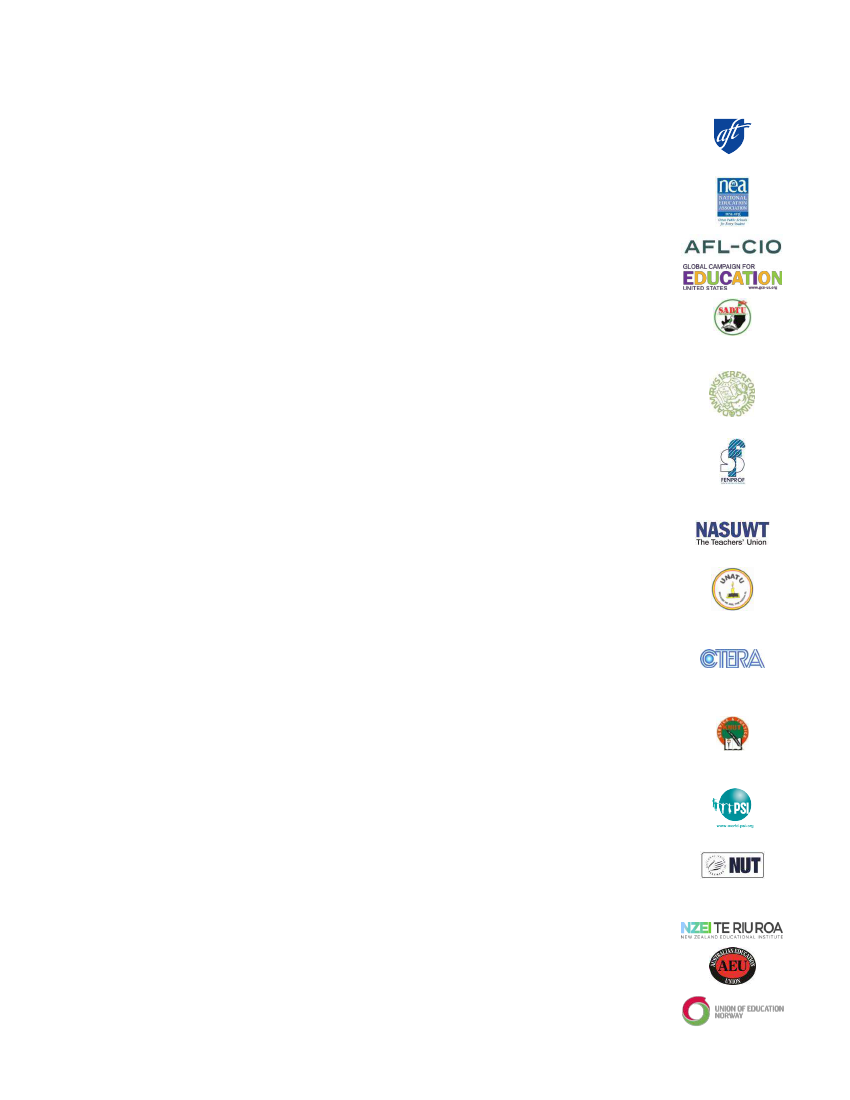
April 21, 2017
Dr. Jim Yong Kim
President
World Bank
1818 H St. N.W.
Washington, DC 20433
Dear Dr. Kim:
The undersigned are committed to the education and rights of all children around the world.
As such, we call on the World Bank to stop investment in so-called low-fee private schools in
general and specifically in Bridge International Academies.
We believe that a high-quality public education must be recognized as a public good, and that
the provision of education is a primary responsibility of governments, not corporations and
entrepreneurs. The World Bank, in partnership with a group of opportunistic international
investors, is undermining the foundation of public education and democracy in many African
countries. Bridge makes education a commodity to be bought and sold, which threatens
fledgling democracies, increases segregation and expands marginalization.
If the World Bank is serious about helping children succeed, it would do better to promote the
U ited Natio s’ sustai a le de elop e t goals, adopted u a i ously y 19 ou tries,
which mandate free, equitable and high-quality education for all—the
opposite of Bridge’s
disastrous record in Africa.
The United Nations Special Rapporteur on the right to education, Kishore Singh, has deemed
these kinds of public-pri
ate part erships a atta k o pu li s hools a d edu ators.
According to Singh, privatization, specifically low-fee private schools, not only constrains
social justice in education but also limits social justice through education.
The education offered by Bridge is unacceptable and substandard. School buildings are often
unsafe and poorly constructed, the majority of teachers are unqualified and poorly trained,
and the curriculum is scripted and fails to address the realities of the classroom. It is hard to
find any aspect of Bridge schools that resembles high-quality education.
By supporting the expansion of low-fee private schools and other competitive practices, the
World Ba k is e suri g a large u er of the orld’s ost ul era le hildre ha e o hope
for a high-quality education.
Access to education is a fundamental huma
right a d ust ot e ased o a fa ily’s a ility
to pay. I Ke ya the lo
-
ost Bridge odel relies o poor fa ilies spe di g et ee
percent and 138 percent of their household income to send three children to school. Students
are fed a cookie-cutter curriculum in run-down buildings where more than 70 percent of
teachers are unqualified.
The World Ba k’s o ti ued support for Bridge is i possi le to u dersta d i light of re e t
ourt de isio s o fir i g Bridge’s poor tra k re ord. I Uga da, the
High Court ruled in favor
of the government, which asked to close all schools run by Bridge because of unqualified
Amercan Federaton of Teachers
South African Democratic
Teachers Union
Danish Union of Teachers
Federação Nacional da
Educação (Portugal)
(United Kingdom)
Uganda National Teachers’
Union
Confederación de Trabajadores
de la Educación de la República
Argentina
Kenya National Union of
Teachers
Public Services International
National Union of Teachers
(United Kingdom)